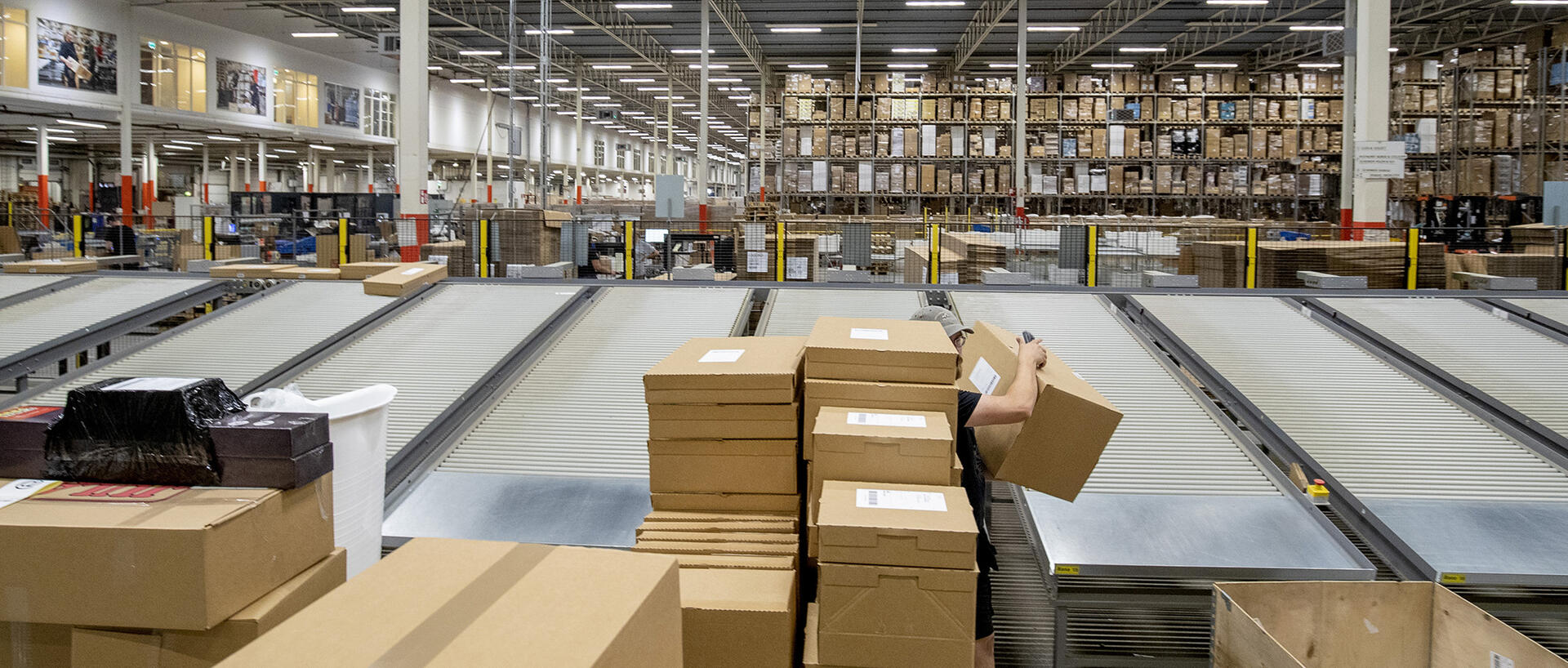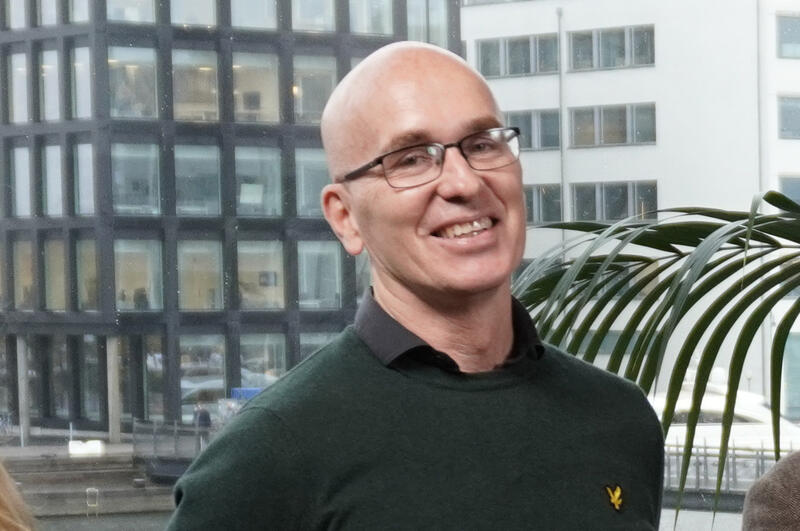
Smart Fossil-free Return Flows
The purpose of Smart Fossil Free Returns Flows is to understand more about the underlying factors and the main reasons why a retailer decides to implement a digital returns information system. Based on this understanding, the goal is to describe, in the form of a roadmap, how these lessons learned about the implementation and its effects on one's own business can be used to take the next step, namely assisting and accelerating a transition to a transport-efficient society by, on the one hand, a smart way to control today's return flow but also find the way forward to create tomorrow's smart fossil-free return flows in a circular economy.
Background
Return flows have long been accepted and considered a necessary evil in e-commerce. The return levels today mean that many merchants are hit hard financially, which has led to companies partly trying to limit the amount of returns but also reviewing the effectiveness of the return process itself. Part of this work is to digitize the return process and thus get a better flow and cost control. At the same time, it is discussed how we can transform today's linear economy into circular economy/business models where different resources e.g. reused, re-used or shared. That is, we have two similar return flows where we want to limit one, today's returns, but at the same time build systems to increase the return flow of the other tomorrow's circular. In one flow, it is mostly an internal, company, cost/profitability focus, while in the other, the environment, sustainability and the transition are in focus. This project tries to understand how we can do both and ie both improve profitability but not at the expense of the environment.
Goal
The purpose of the project is, by studying in depth a unique case where a smart digital return system has been implemented, to develop and spread new knowledge about how the smart fossil-free return contributes to an accelerated climate transition. The main goal of the preliminary study is to develop a roadmap for how we, together with the trade and its partners, create a common target image for the smart fossil-free return. We do this by presenting the answers to the following questions:
- What does a smart fossil-free return mean? What environmental effects can such a return have?
- What short- and long-term obstacles can we identify to achieve a smart fossil-free return?
- What conditions are needed within an organization to be able to provide a smart fossil-free return?
- What does it take to get more companies to move to smart and fossil-free returns? Are certain policy or regulatory changes required?
At the end of the preliminary study, a general roadmap will be presented that is scalable for other players in the trade based on the above questions.
Do you want to know more?


